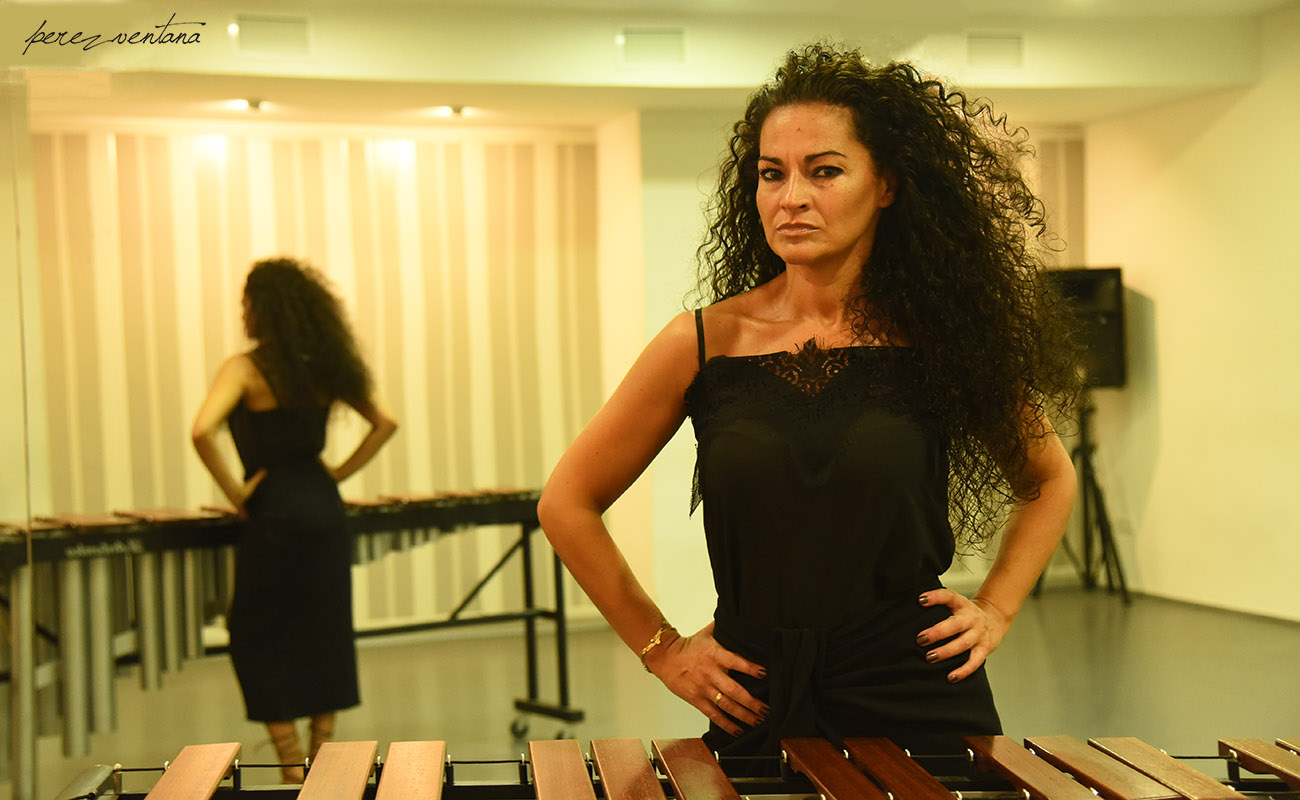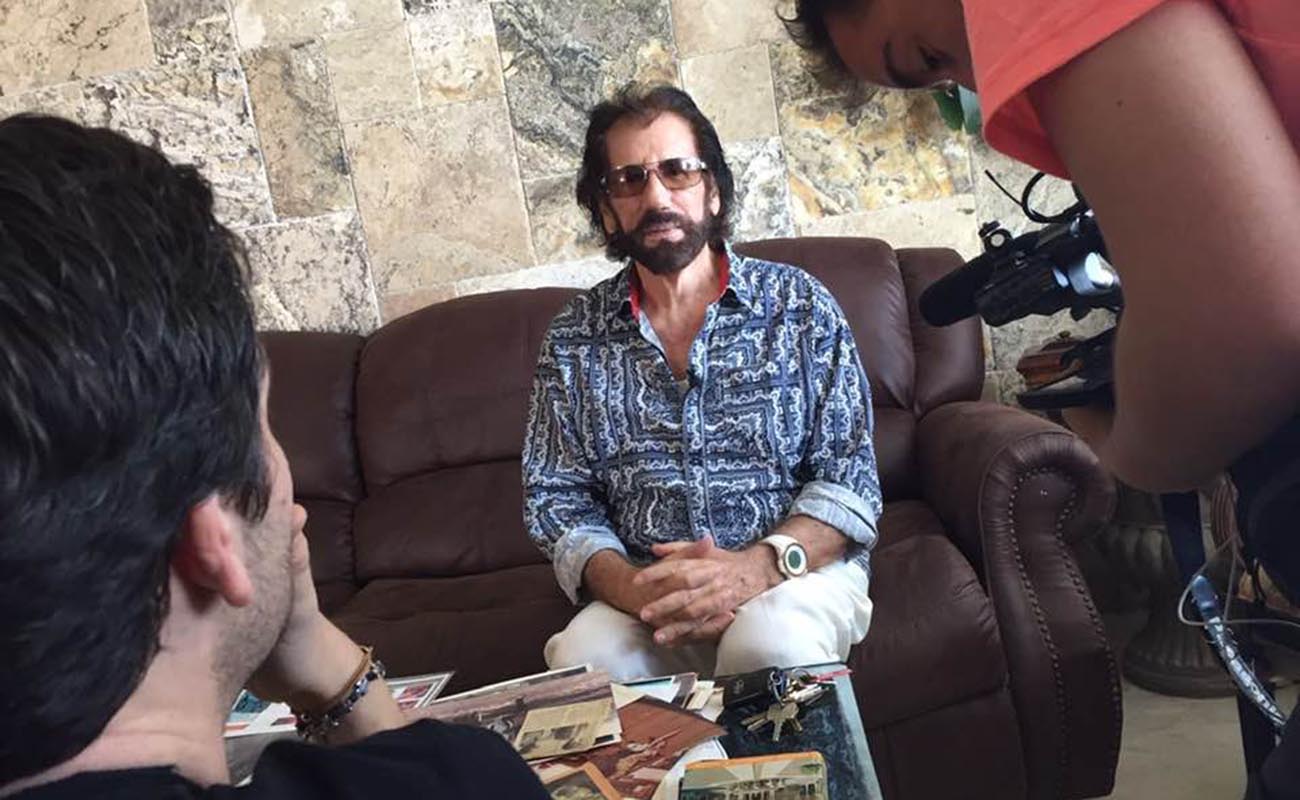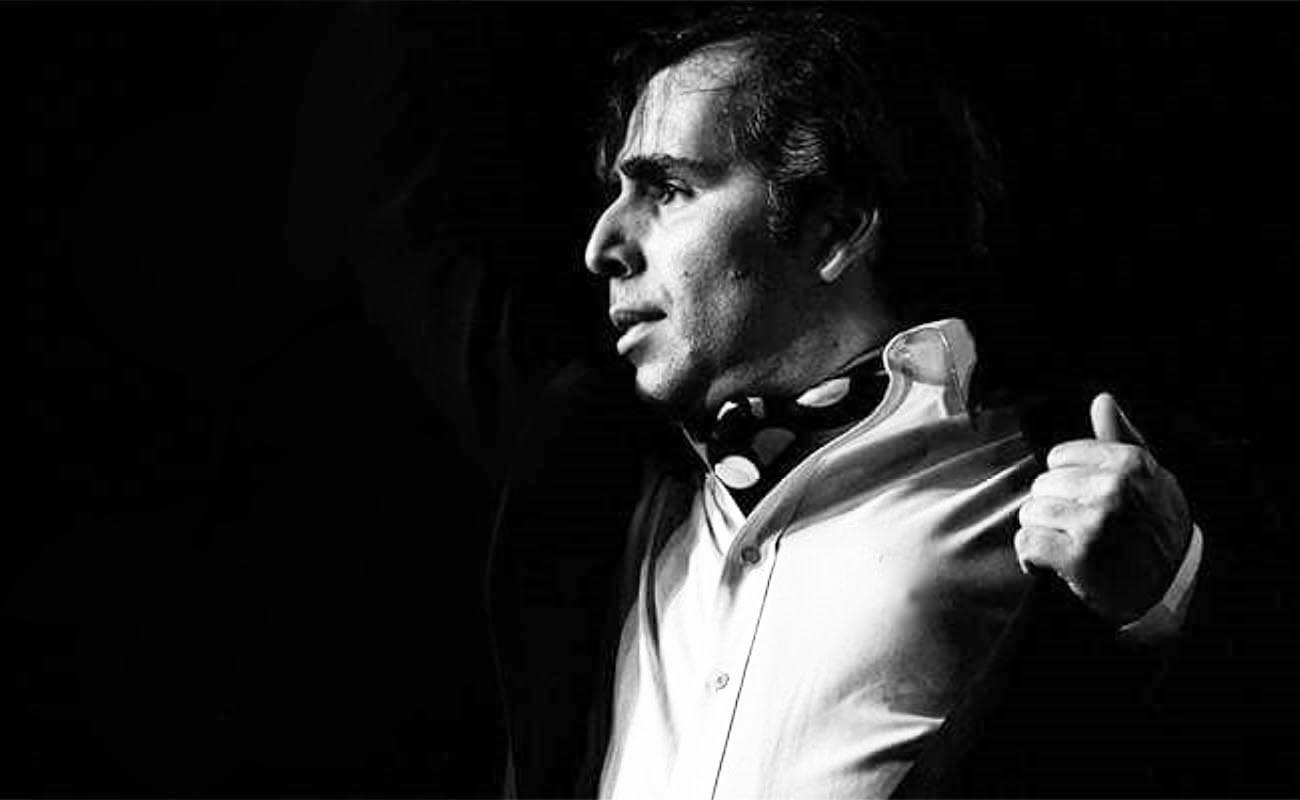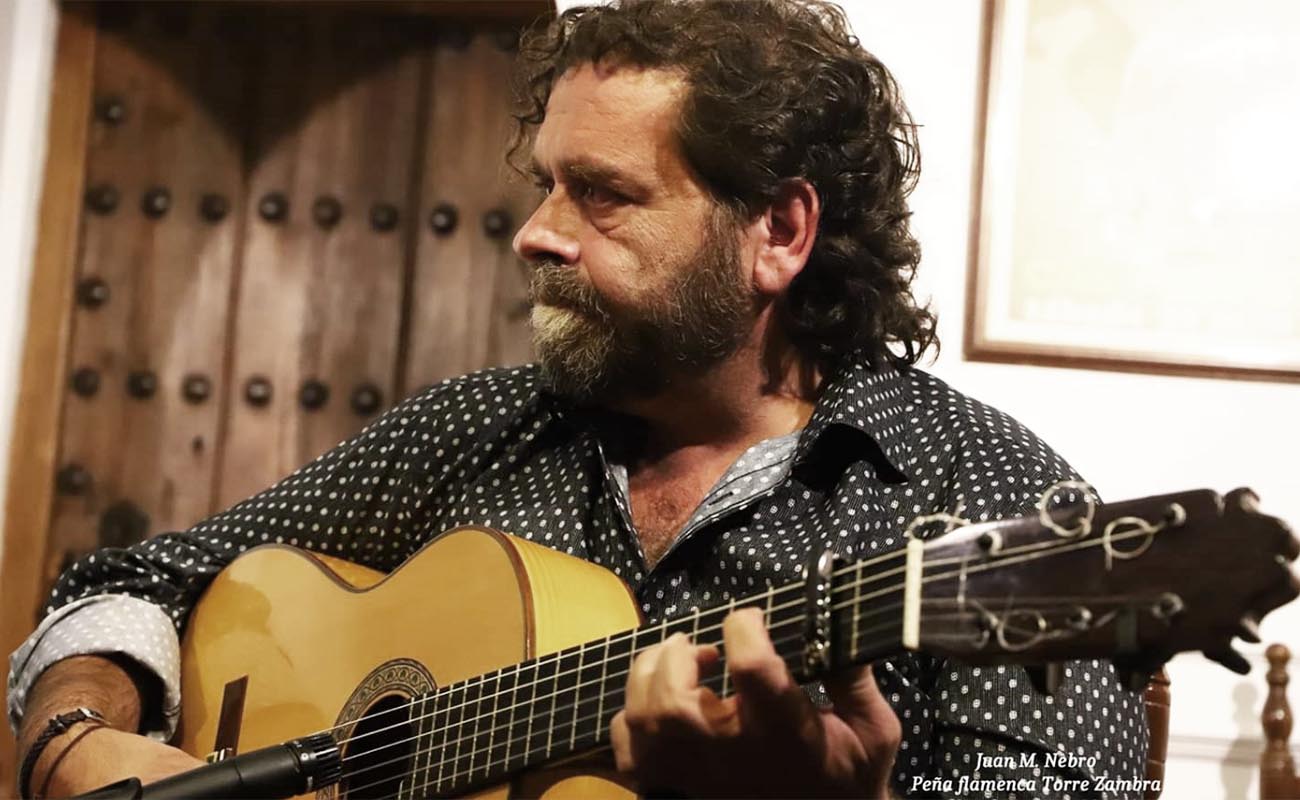Adela Campallo: «Purity belongs to whoever has it. It is something people are born with»
«Tablaos cannot vanish, Gypsy flamenco cannot vanish. This is a period we must overcome and learn from», she says. Bailaora Adela Campallo, from Seville, feels bad about what has been happening in flamenco, in our society, and calls upon flamenco artists to unite and fight on behalf of this art form
Bailaora Adela Campallo (born in Seville in 1977) shares her thoughts about flamenco dance before ExpoFlamenco’s camera. Contemporary baile, evolution, aesthetics, purity, femininity, feminism, flamenco goddesses, the Seville school of baile… She does not hide a certain disappointment about feeling sidelined by Andalusian entrepreneurs. «I won’t take this sorrow to the grave. I am happy when I dance, it doesn’t matter if it is in Seville or in Japan. I haven’t changed, but I miss [being appreciated] in my own land», she says. Here is a summary of the interview, which can be watched (in Spanish) in the video above.
* Dancing style. «I don’t think that my baile sells nowadays. I feel more esteemed by fellow artists than by entrepreneurs. I should have been born in another age. It is not that my baile is stale. I have my own technique, I have evolved. I strive to be up to date. Yet, when I am on stage, my principles do not change».
* Baile’s debt. «The artists must be indebted by and for flamenco. I have always been able to make a living with flamenco. The type of flamenco I have experienced is not the one that would require me getting into debt in order to create a show for the Bienal. Entrepreneurs give us ten, but the artists spend thirty».
* Prophet in her own land. «In Seville, in Andalusia, no one truly knows the artist Adela Campallo. I am better known overseas than here. In my own land I seldom perform my own shows, it has only happened a few times. I do feel like a prophet, respected and esteemed, but I do not feel people know my worth [as an artist]. I want to perform my own show one day at the Lope de Vega theater. I will not take this sorrow to the grave. I feel happy when I dance, it does not matter if it is in Seville or in Japan. I have not changed, but I miss [being appreciated] in my own land. What else am I supposed to do? Show my bum? I have matured, I have had a long career. My name only should suffice».
«It’s difficult having such purity nowadays. Yet, whoever has it, must keep it. It is a gift. A forced purity is as bad as contemporary flamenco performed poorly. I like purity, but the authentic one»
* Three words. «I have flamenco in my heart, and I am well versed about it. Not just regarding baile. I also love cante and flamenco guitar».
* Baile overseas. «I agree with Carmen Ledesma. The aspect of flamenco that has the most appeal overseas is baile. Those who appreciate cante and flamenco guitar are a minority».
* Flamenco in times of pandemic. «There has to be a recovery. And perhaps when we recover, we will encounter the past in our present. I feel very bad about what is happening in flamenco and in society. We must unite to fight for flamenco, for the rights of the artists, for the tablaos. This year there will be a great Bienal festival, but the tablaos are the bread and butter of many artists through the year. These are the places where people learn to dance. Tablaos cannot vanish, Gypsy flamenco cannot vanish. This is a period we must overcome and learn from».
* Something is happening. «What is happening is that flamenco baile has been evolving and getting mixed with other dance genres. It is all good as long the artists put their heart into it, truthfully and artfully. I do not like when art becomes just fooling around and having fun. I admit that sometimes I have got up and left the theater in the middle of a shown, feeling outraged. These are defining moments. We cannot remain stuck in the past. In the old days people sang, danced, and played the guitar the way they lived. It is impossible to dance like in the old days because life takes us elsewhere. I dance the way I live».
* Evolution. «Traditional and contemporary mix together. Some people have a gift for evolving, for mixing. Since we are talking about flamenco, some things must be avoided. What moves me inside is flamenco. A bailaora, a gesture, a glance. Grabbing the skirt properly. An escobilla that makes sense. Yet, I also value other things, of course».
* Femininity in balie. «I don’t think that femininity is vanishing from baile. There is a mixture of masculine and feminine. I say it again: we dance like we live. I think that flamenco feel is becoming too much of an imposition. Whoever has flamenco feel, just has it, period. The artists are born in their own world and create their art from it. Outside of art people can do whatever they want».
«What else am I supposed to do? Show my bum? I have matured, I have had a long career. My name only should suffice»
* Flamenco and feminism. «Other women fought [for our rights]. Women nowadays are very much valued in flamenco. We know that in the old days things were different for male and female artists. Yet, nowadays women have what they need, thanks to other women who fought in times past. I have two sons. I am wary of that feminism that seeks to portray my sons as the bad guys. I have never felt discriminated on stage for being a woman. Male chauvinism and feminism can both be bad. Equality means being equal».
* Goddesses of baile. «Manuela Carrasco, Merche Esmeralda, Matilde Coral, Pilar López, Angelita Vargas, Loli Flores… The one who put a spell on me, without a doubt, was Manuela Carrasco. I will never forget watching her when I was a little girl, dancing with her black dress, so quintessentially Gypsy. I went nuts for her, for the way she moved, the way she got ready, the way she walked. She is the goddess».
* The Seville School. «That’s my school. Mi hands, the shape of my neck, my well-poised head, the way I dress. The Seville School is part of who I am. As a teacher, I insist of these gestures: opened hands, well-positioned elbows…».
* Purity. «Purity belongs to whoever has it. It is something people are born with. If the artist doesn’t feel it, that purity will not exist. It is the Gypsy flamenco, that ancient wisdom. It is difficult having such purity nowadays. Yet, whoever has it, must keep it. It is a gift. A forced purity is as bad as contemporary flamenco performed poorly. I like purity, but the authentic one».







